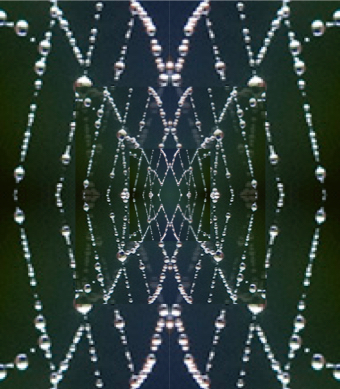
What turns out to be the love of his life — to his own retrospective surprise, as we learn from the famous last sentence of the book — builds gradually over a number of stages, the first of which seem so innocuous that for quite a while we’re left wondering whether we’re already in the main narrative or still on a tangent. Swann himself appears to be on the same tentative track, until something...





